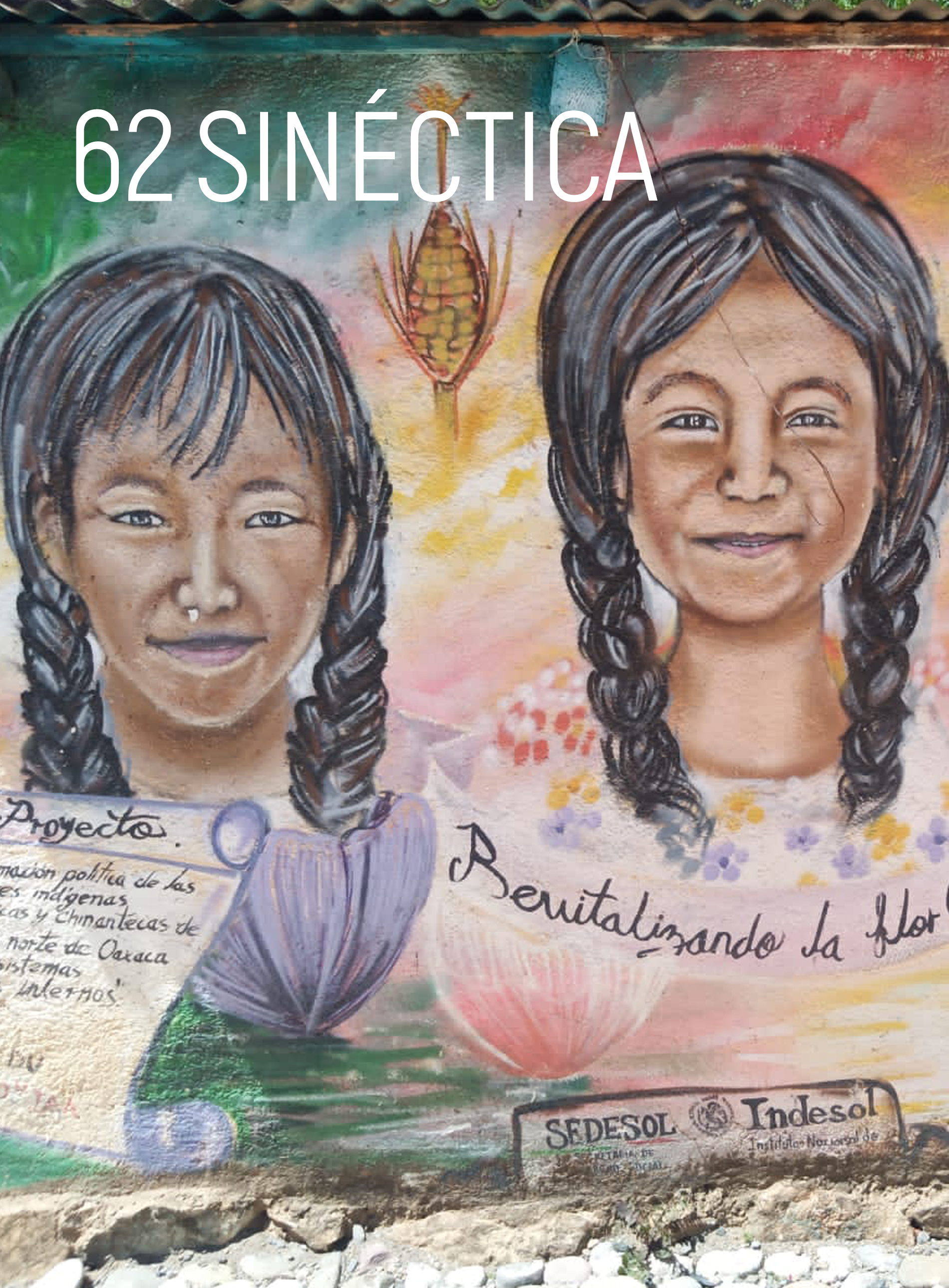Education reform in Mexico: neo-liberalism, 'schizophrenia' and the ethical challenge within the agendas for educational change
Keywords:
education reform, Mexico, teacher quality discourse, ethics of the care of self, teacher transformation, teacher educationAbstract
This article attempts to place the Mexican education reform signed into law in 2013 within the context of a global neo-liberal teacher quality discourse. The schizoid nature of neo-liberal reform is singled out as particularly problematic and relevant to the Mexican case in which teachers are simultaneously positioned as responsible, autonomous professionals capable of leading educational change, and as a collective body in need of ‘policing’ through evaluation. It is argued that the tensions and ambiguities of this situation, and the coercive component of evaluation, means that substantive educational change through teacher transformation cannot be guaranteed, and that adaptation and simulation among teachers is a more probable outcome. Given this situation I argue that we need to foresee the reform’s failure ‘on the ground’ and to start looking for approaches to teacher development and change that go beyond the traditionally technical approach to teacher training by wholeheartedly embracing the ethical component of teacher experience. Consequently, I argue, research in Mexico needs to be bringing ‘real-life’ teacher experience to the forefront of the educational debate and working hard to develop, document and position alternative approaches to teacher education that engage the whole teacher (heart, body, mind and spirit) in a radical reappraisal of what teaching and learning might come to mean for themselves and their students.
Downloads
Published
Issue
Section
License
This work is licensed under a Creative Commons Attribution-NonCommercial 4.0 International license.
Authors who publish in Sinéctica agree to the following terms:
The authors retain copyright and grant the journal the right of first publication of the authorized work simultaneously under a Creative Commons Attribution License, which allows others to share the work as long as both the authorship of the work and the initial publication in this journal are acknowledged.
Authors may enter into additional separate contractual agreements for non-exclusive distribution of the published version of the journal (e.g., publishing in an institutional repository or a book), with acknowledgement of initial publication in this journal.
Authors are allowed to publish their work in institutional repositories or on their own website before and during the submission process, as it may generate productive exchanges, as well as earlier and greater citation of the published work.
Explanatory note: As of 2017 Sinéctica is governed by the Creative Commons Attribution Non-Commercial 3.0 International License, a version that standardizes licenses internationally.
Articles published between 1992 and 2016 are covered by a Creative Commons Attribution-NonCommercial-NoDerivatives 4.0 International license, which allows a work to be shared and distributed non-commercially and with acknowledgement of the author, but prohibits modification of the original creation.






















